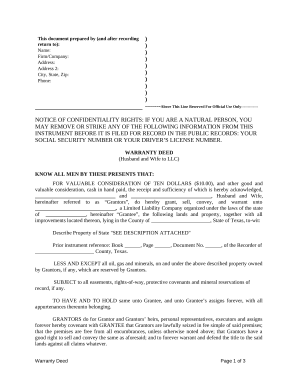
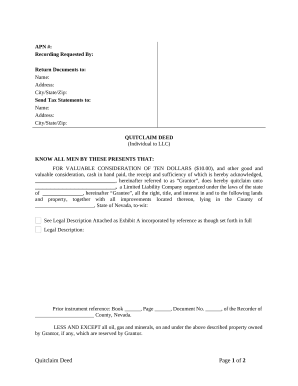


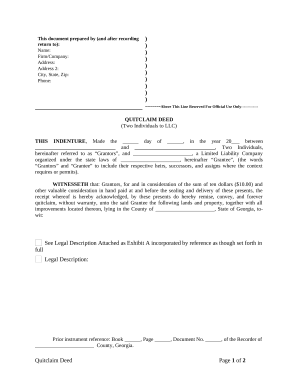
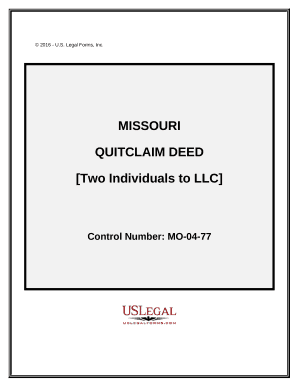
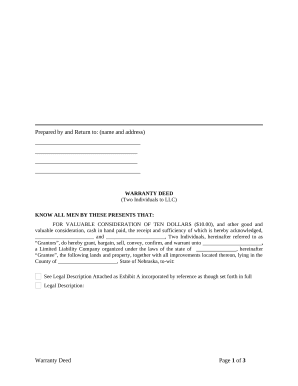
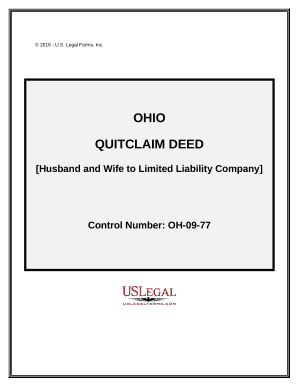
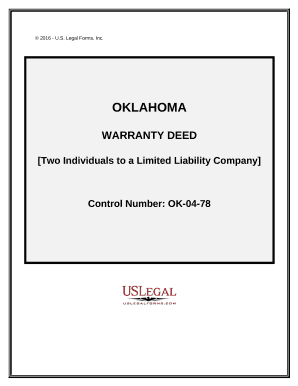
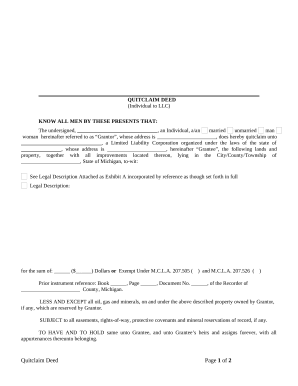
Document administration can overpower you when you can’t locate all of the documents you need. Luckily, with DocHub's vast form collection, you can get everything you need and easily take care of it without the need of switching between apps. Get our Transfer of Property to LLC and begin utilizing them.
Using our Transfer of Property to LLC using these basic steps:
Try out DocHub and browse our Transfer of Property to LLC category easily. Get a free account today!